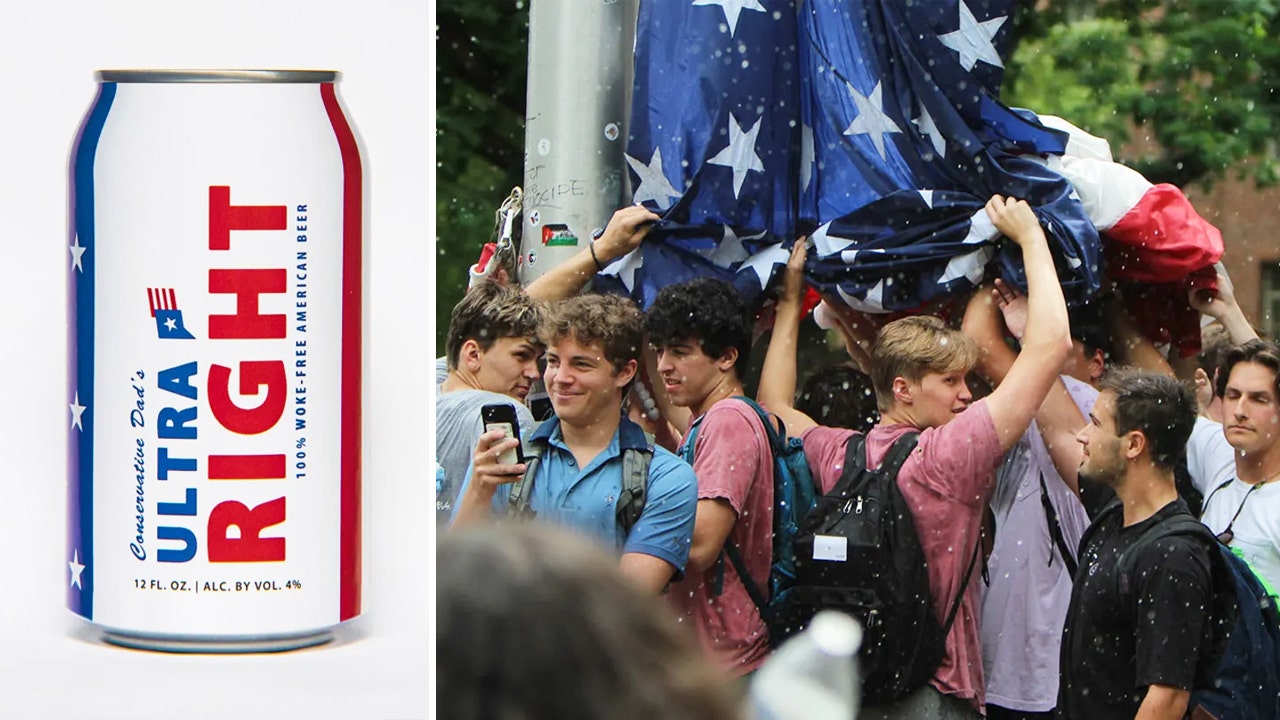World
Norway's approval of deep-sea mining divides European Parliament
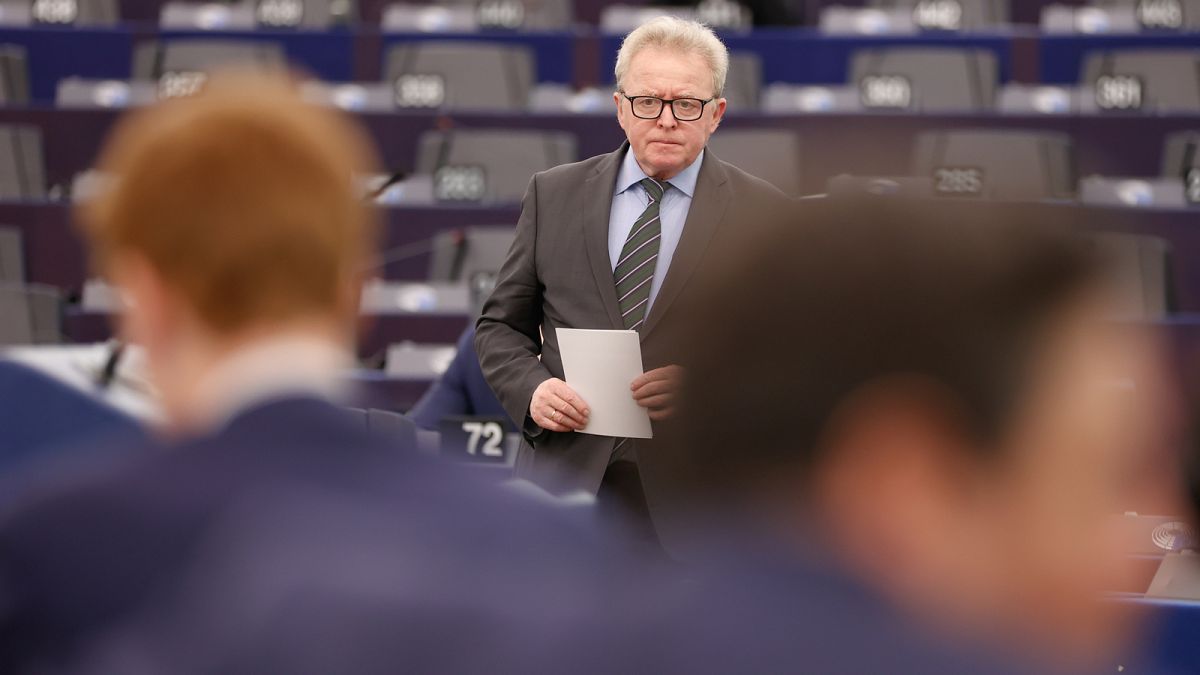
Norway’s controversial decision to approve commercial deep-sea mining in its waters has highlighted a left-right rift in the European Parliament.
The Nordic country – not among the EU’s 27 member states – became the first in the world to approve seabed exploitation on January 9, when its parliament voted in favour of allowing mining companies to scour 281,000 square km of its waters, an area almost the size of Italy.
The move has been rebuked by scientists and conservationists, who warn of potentially irreversible damage to marine ecosystems.
In a debate at the European Parliament in Strasbourg on Wednesday, EU lawmakers belonging to pro-climate, left-leaning groups also slammed the decision as irresponsible.
“How has this proposal been approved when 800 scientists oppose it, and when the Norwegian Environmental Agency has given a negative opinion?” César Luena, Member of the European Parliament (MEP) for the Socialists and Democrats (S&D), questioned.
“The European Union, commissioner, needs to act now,” he added, appealing to Janusz Wojciechowski, the EU’s agriculture chief, also present at the debate.
Members of the centrist, liberal Renew Europe group also decried the move as premature, calling for caution until scientific gaps are filled.
“Let us not make the same mistakes that we have already made on land in the sea,” Catherine Chabaud, MEP for Renew Europe, said.
Deep-sea mining involves excavating the ocean bed for critical materials such as copper, nickel, and cobalt found in fist-sized rocks called polymetallic nodules.
Such materials – essential for clean tech applications such as batteries for electric vehicles, semi-conductors and solar panels – are abundant on the sea bed.
With world powers looking to overcome severe shortages in current supply chains, mining the ocean bed is becoming a strategically and commercially attractive prospect for states looking to get ahead in the geopolitical race for raw materials.
In December, Brussels adopted the Critical Raw Materials Act (CRMA) to reduce its reliance on China for raw materials and diversify its supply chains.
But the European Commission and Parliament are leading calls for an international moratorium on deep-sea mining until scientific gaps are filled, citing environmental concerns including damage to marine life and the disruption of fishing stocks.
The bloc also fears mining could destabilize carbon levels in the ocean and therefore reduce its ability to mitigate the rise in global temperatures.
Only seven EU member states – Spain, France, Germany, Sweden, Ireland, Finland and Portugal – have so far openly backed that call, with some member states such as Belgium preparing legislation that threatens to break ranks with the EU position.
Political right accuses left of ‘hypocrisy’
But not all lawmakers in the chamber in Strasbourg opposed Norway’s move.
Right-leaning MEPs accused their left-leaning counterparts of hypocrisy for opposing efforts by a democratic neighbour to scale up the availability of raw materials while the bloc still relies on non-democratic states for its supply.
The Democratic Republic of Congo (DRC), where child labour, human rights violations and corruption are widely documented, is one of the African countries with whom the bloc has signed a strategic partnership.
“The truth is that we are getting our supplies currently from China, Russia and Congo for all these minerals that we need,” Tom Berendsen, MEP for the European People’s Party (EPP), said.
“The supply chain is unstable, and the working conditions and environmental requirements in those countries are not up to our standards. In short, if we want to continue on the path of clean energy, and we want to do that, that also means making difficult choices,” Berendsen added.
The debate highlighted an increasingly evident rift in the European Parliament between the political factions’ vision for Europe’s future industrial path. MEPs from the far-right Identity and Democracy (ID) group used the debate to call on the bloc to increasingly scale up nuclear energy.
Wojciechowski told lawmakers the Commission was “very concerned” by Norway’s decision as it potentially breached its obligations under the United Nations High Seas Treaty, the Paris Agreement and the OSPAR Convention on the protection of the marine environment in the North-East Atlantic.
Norway’s decision also raises potential territorial disputes. The proposed area for mining includes the archipelago of Svalbard in the Arctic, an area under Norwegian sovereignty but where other nations including the EU and UK have historically enjoyed equal rights to commercial activity in its waters.
According to the 1920 Svalbard Treaty, co-signing nations should have equal access in Svalbard for fishing as well as industrial, mining, and commercial operations.

World
German socialist candidate attacked before EU elections

Matthias Ecke, a member of Germany’s centre-left Social Democratic Party, was attacked on Saturday while out campaigning.
A candidate for Chancellor Olaf Scholz’s centre-left party in next month’s European Parliament election has been seriously injured while campaigning in eastern Germany, the party said on Saturday.
Matthias Ecke, a Social Democrats (SPD) candidate, was attacked while putting up political posters in Dresden on Friday evening, according to the party.
He was taken to hospital and required surgery for his injuries, it said.
Police said the 41-year-old was hit and kicked by four men and that the same group had apparently attacked a Green Party worker minutes before in the same street.
Interior Minister Nancy Faeser, also a Social Democrat, said if it’s proven that the assault on Ecke was politically motivated, it would represent “a serious attack on democracy.”
The attack was the latest in a series of incidents raising political tensions in Germany ahead of the European Parliament election.
Scholz’s SPD launched their official campaign for the 9 June vote with a rally last week in Hamburg, where the German leader grew up.
“We are experiencing a new dimension of anti-democratic violence,” Faeser said.
She promised “tougher action and further protective measures for the democratic forces in our country.”
Government and opposition parties say their members and supporters have faced a wave of physical and verbal attacks in recent months and have called on police to step up protection for politicians and election rallies.
Many of the incidents have occurred in the former communist east of the country, where the far-right Alternative for Germany party (AfD) is expected to make gains in the European elections and upcoming votes in Germany.
Last week, the car carrying the vice-president of the German parliament, Katrin Goering-Eckardt of the Greens, was surrounded for nearly an hour by protesters as she tried to leave a rally.
The opposition Christian Democrats and the Left party say their workers have also faced intimidation and seen their posters ripped down.
Mainstream parties accuse the AfD of links to violent neo-Nazi groups and of fomenting an increasingly harsh political climate. A prominent AfD leader, Bjoern Hoecke, is currently on trial accused of using a banned Nazi slogan.
Germany’s domestic intelligence service has placed some chapters of the party under surveillance.
The branch of the Social Democrats in Saxony state, where Ecke is their lead candidate for the European elections, said their campaign would go on despite “fascist methods” of intimidation.
“The seeds that the AfD and other right-wing extremists have sown are germinating,” the branch leaders, Henning Homann und Kathrin Michel, said in a joint statement. “These people and their supporters carry responsibility for what is happening in this country.”
World
Trump, RNC Raise Over $76 Million in April, Half From Small Donors
World
North Korea propaganda song praising Kim Jong Un goes viral on TikTok

A song that praises North Korean dictator Kim Jong Un has gone viral on TikTok.
“Let’s sing Kim Jong Un, the great leader,” the song called “Friendly Father” says, according to BBC News. “Let’s brag about Kim Jong Un, our friendly father.”
“Is this a single or where can I get the whole album,” one TikToker joked. Another said, “It’s so dystopian in the catchiest way.”
“I don’t really like Kim Jong Un but he was really cooking on this song,” another said.
KIM JONG-UN PROMISES ‘DEATH BLOW’ TO POTENTIAL ENEMIES, IGNORES BIDEN’S REQUEST FOR COOPERATION
North Korea’s new song about Kim Jong Un, “Friendly Father,” has gone viral on TikTok. (API/Gamma-Rapho via Getty Images)
South Korean pop, or K-pop, and Western music are banned inside North Korea, and some defectors have cited illegally listening to outside music as a factor in their decision to defect.
“When you listen to North Korean music, you have no emotions,” North Korean defector Ryu Hee-Jin told The Washington Post in 2019. “But when you listen to American or South Korean music, it literally gives you the chills. The lyrics are so fresh, so relatable. When kids listen to this music, their facial expressions just change.”
NORTH KOREA’S KIM PUTS WEST ON NOTICE BY OPERATING ‘WORLD’S MOST POWERFUL’ TANK DURING LIVE FIRE EXERCISES
Of “Friendly Father,” Peter Moody, a North Korea expert at Korea University, told BBC News, “The song has Abba written all over it. It’s upbeat, it could not be more catchy and a rich set of orchestral-sounding sequences could not be more prominent.”
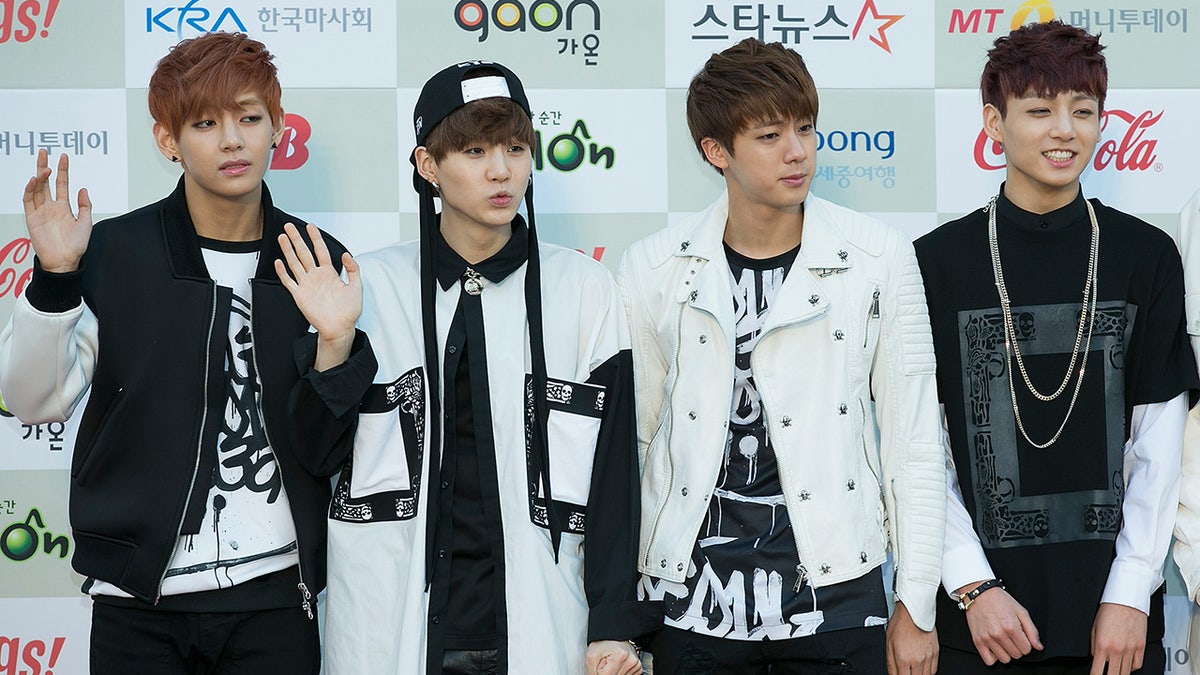
Some North Korean defectors have cited listening to K-pop music like the group BTS as helping them decide to defect. (Han Myung-Gu/WireImage)
Alexandra Leonzini of Cambridge University told the outlet North Korean authorities would have sought to make an “earworm” song with simple lyrics that’s easy to sing.
“All artistic output in North Korea must serve the class education of citizens and more specifically educate them as to why they should feel a sense of gratitude, a sense of loyalty to the party,” she said.
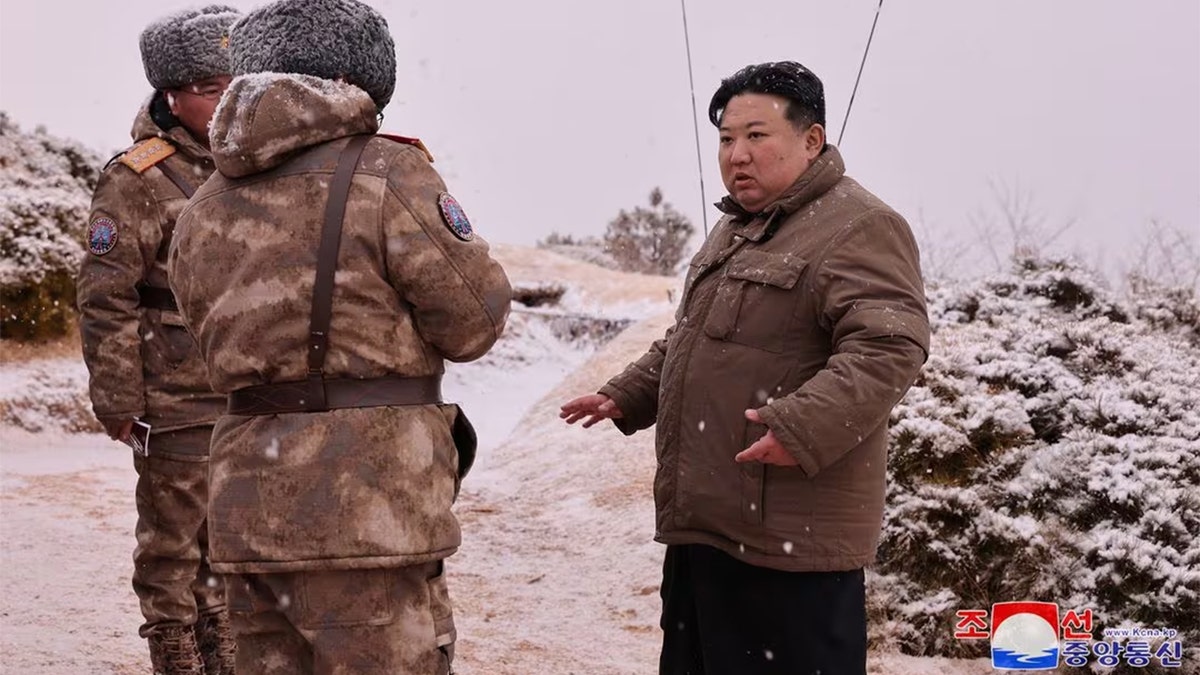
Defectors have said the government plays propaganda songs every morning throughout the country, citizens are taught choreographed dances to the songs and the lyrics are printed in newspapers. (KCNA via REUTERS)
Defectors have said the government plays propaganda songs every morning throughout the country, citizens are taught choreographed dances to the songs and the lyrics are printed in newspapers.
“By the time the song has sort of been taken into the body, it’s become part of the person,” Keith Howard, a professor at the London School of African and Oriental Studies, said. “So, they know the lyrics so well, even if they’re just doing the actions, even if they’re just listening to it. A good ideological song does that. It needs to embed the message.”
-

 News1 week ago
News1 week agoFirst cargo ship passes through new channel since Baltimore bridge collapse
-

 World1 week ago
World1 week agoHaiti Prime Minister Ariel Henry resigns, transitional council takes power
-

 Movie Reviews1 week ago
Movie Reviews1 week agoAbigail Movie Review: When pirouettes turn perilous
-

 World1 week ago
World1 week agoEU Parliament leaders recall term's highs and lows at last sitting
-

 Movie Reviews1 week ago
Movie Reviews1 week agoCity Hunter (2024) – Movie Review | Japanese Netflix genre-mix Heaven of Horror
-

 Politics1 week ago
Politics1 week ago911 call transcript details Democratic Minnesota state senator’s alleged burglary at stepmother's home
-

 Politics1 week ago
Politics1 week agoGOP lawmakers demand major donors pull funding from Columbia over 'antisemitic incidents'
-

 Science1 week ago
Science1 week agoOpinion: America's 'big glass' dominance hangs on the fate of two powerful new telescopes



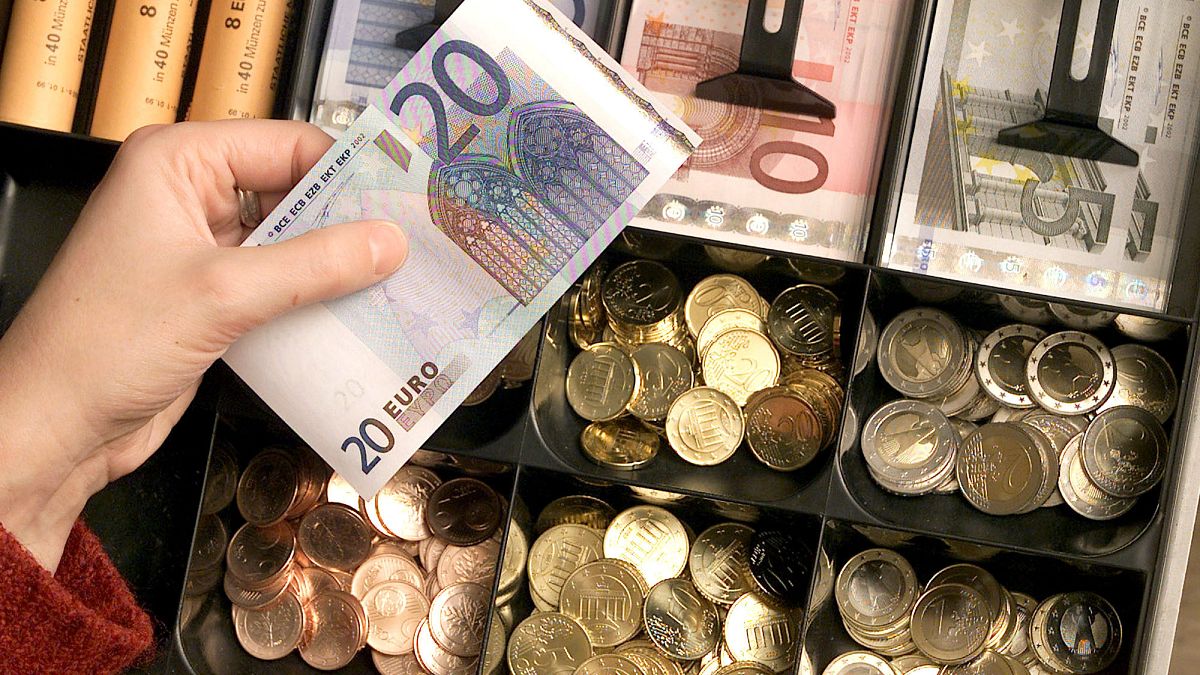
:quality(70)/cloudfront-us-east-1.images.arcpublishing.com/adn/6N5ZSYX4GNC2NDTUJDJUB6P3OI.jpg)









